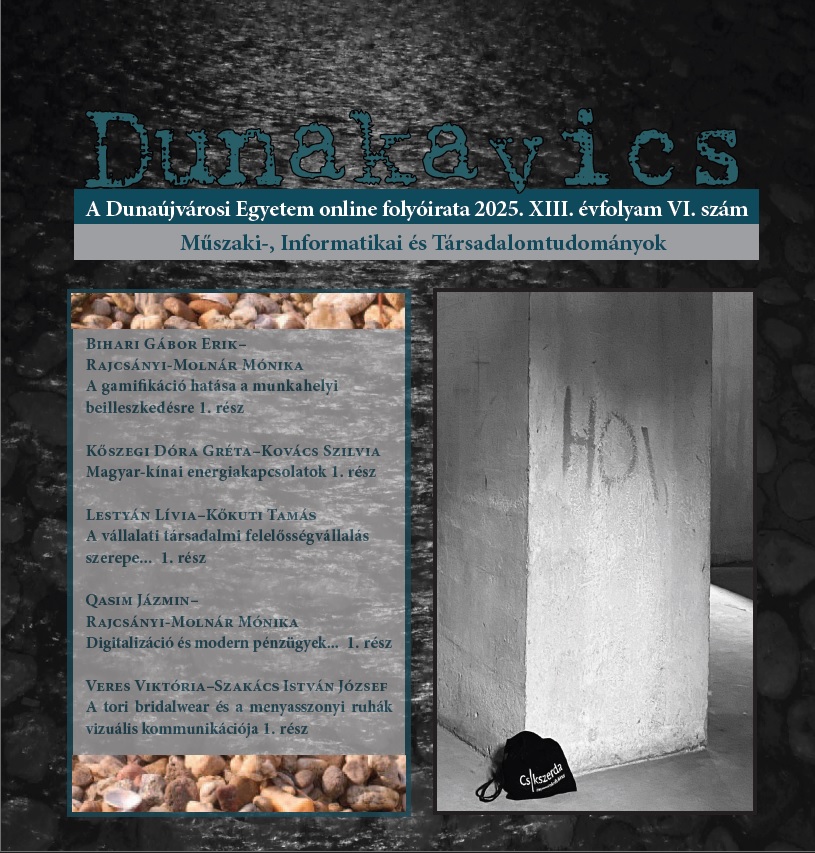Digitalizáció és modern pénzügyek: a munkaerőpiac átalakulása és hatásai budapesti munkavállalókra a generációk függvényében 1. rész
Abstract
In our essay, We examined how digitization is transforming mod - ern finance, the lives, and working conditions of employees in Budapest. We began my work by presenting the milestones of digitization, elaborating on digital channels, and the IT changes that have reshaped modern daily life. In the second chapter, We introduced the opportunities and challenges of the modern labor market, with new professions and applications, and also addressed the taxation issues of remote work. Additionally, We analyzed the relationship between education and the labor market in the Hungarian context, concluding that there is not necessarily harmony between the two, which affects the current state of the labor market. Next, We outlined the structure of the labor market in Budapest, using the region's businesses and the economic sectors present in the market. Furthermore, We characterized the employees with a general overview of the generations and depicted the distribution ofage groups in Budapest. In the fourth chapter, We sought answers to hypotheses based on the literature, through the creation of our own questionnaire and conducting in-depth interviews, which assessed the responses of generations regarding digital finan - cial opportunities, social changes, and labor shortages. In the final section, We outlined the future of hu - man resources, presenting the currently available and future technical tools such as robotics and artificial intelligence. Finally, We made development proposals for the region's labor market and improving quality of life, utilizing available technology.




